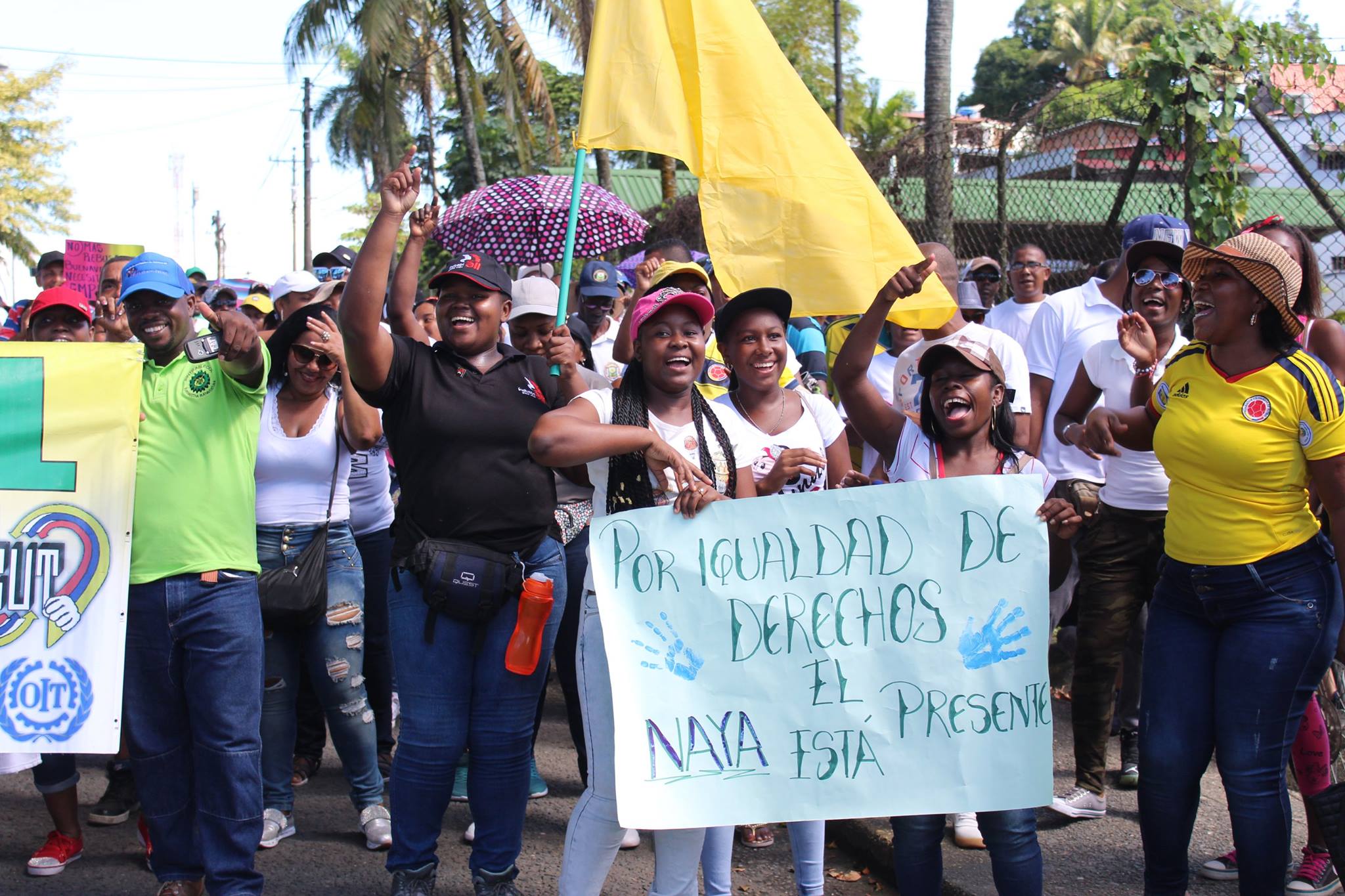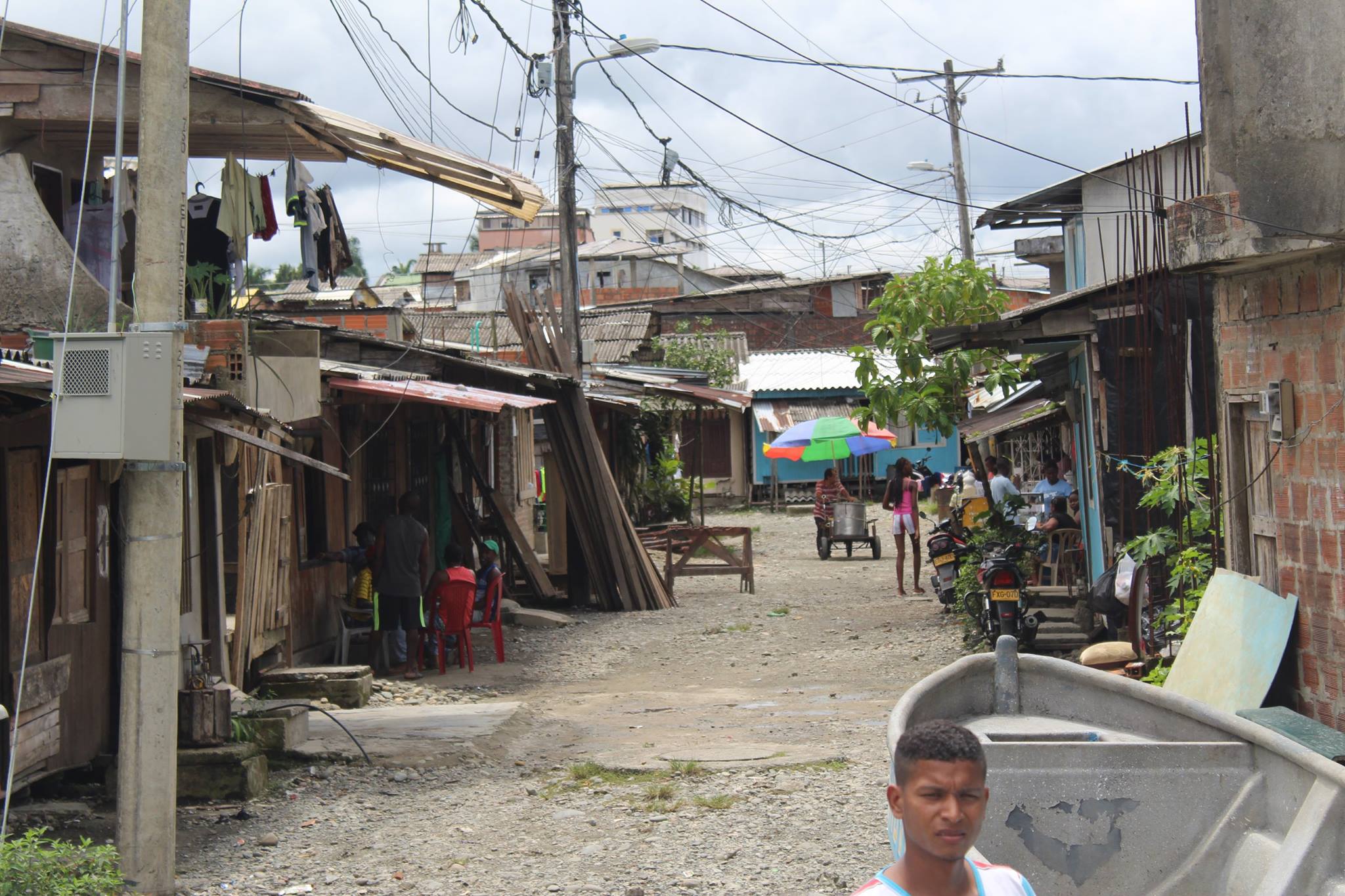The Colombia Port Workers’ union is calling on the Ministry of Labor to follow up on promises it made during a congressional hearing this week and resume discussions with the union and the Buenaventura Port Society over formalizing 3,500 illegally outsourced workers...

The Solidarity Center assists workers in the informal economy, such as market vendors in Zimbabwe, come together to assert their rights and raise living standards. Credit: ZCIEA
Workers Bring Colombia’s Largest Port to a Halt
Workers in Buenaventura, Colombia, who are waging an indefinite work stoppage to call attention to the lack of jobs, good wages and basic public services in their community, have brought port operations and local commerce to a halt. As the country’s largest seaport,...
Rosalie: A Champion for Migrant Domestic Worker Rights
Workers who migrate to other countries for jobs often do not know their rights when they arrive, and many, like domestic workers, toil in isolation, where they are easily exploited by employers. Rosalie Ewengue, a domestic worker in Morocco from the Democratic...
No Results Found
The page you requested could not be found. Try refining your search, or use the navigation above to locate the post.



